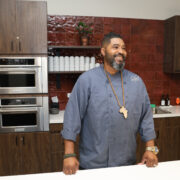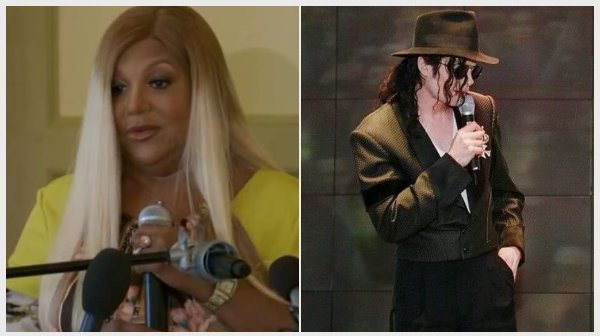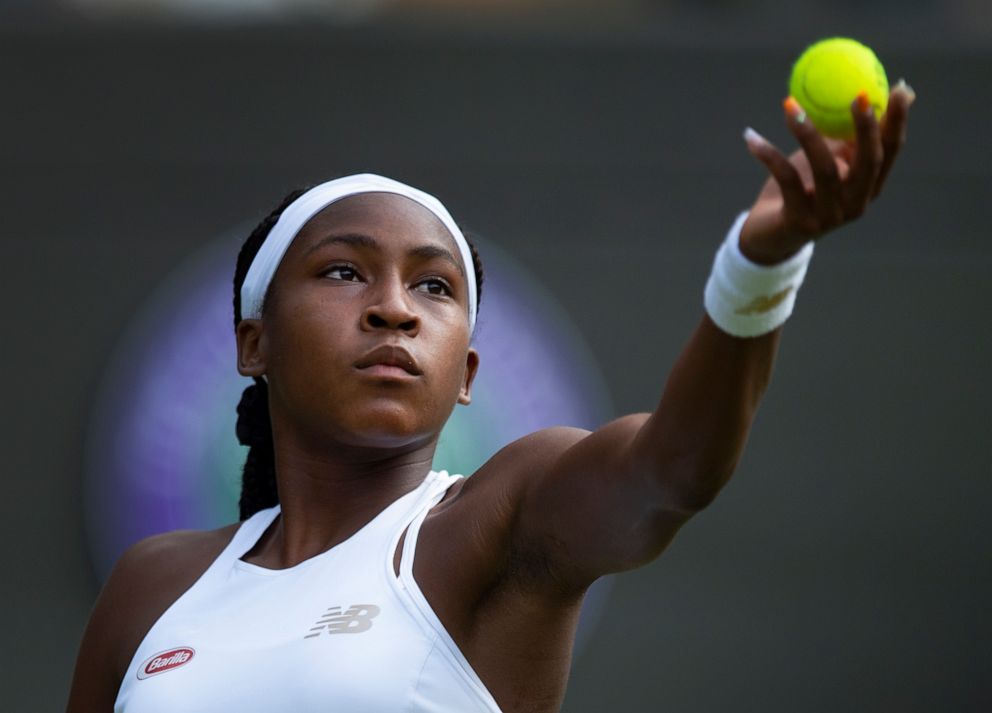
By Nolan D. McCaskill, Politico
Joe Biden’s campaign convened a dozen or so black reporters from major media outlets Tuesday for what was offered as a private, off-the-record sit-down with the Democratic front-runner.
But Biden opened the discussion allowing himself to be quoted. And then he started talking, he talked some more, and before everyone knew it, the former vice president had held forth for 90 minutes. That’s an extraordinary amount of time for a major presidential candidate to meet the media in a single sitting.
Donning a blue suit and white shirt with no tie, Biden greeted each reporter and took a question — in some cases, multiple questions — from each one. He then darted off to catch a flight to Richmond, Va., where he was scheduled to hold a fundraiser before heading to South Carolina for a campaign swing on Wednesday.
Biden didn’t make big news, but he offered his insights on an array of interesting topics and kept the group’s attention during the marathon session. Here are some of the highlights.
What he wants in a running mate
Biden said it’s important to choose a No. 2 who reflects the nation’s growing diversity, indicating he would choose a running mate who is either a woman or person of color, if not both.
“But I’m not making that commitment until I know the person I’m dealing with, I can completely, thoroughly trust, is authentic and is on the same page,” he said.
Biden said that the presidency “is too big for any one person,” insisting a president needs a vice president he or she can trust to offload big tasks. He recalled the trust former President Barack Obama had in selecting him as his running mate in 2008. Obama knew then, he said, they had the same “value set” and “political disposition.”
“That’s what I most want in whomever I pick,” Biden said. “They’ve got to be simpatico with what I stand for and what I want to get done.”
Enough with the megadebates
Biden expressed a preference for a smaller debate stage, arguing that it’s difficult for candidates to have an actual debate with so many people crowded onto a single stage.
“It’s taken me, and I assume others, some time to figure out how to engage in a nondebate debate, because there’s no debate,” Biden said. He acknowledged his “mistake” in saying “my time is up” during a previous debate instead of talking over his allotted speaking time. “Turns out that’s a big mistake.”
Biden said he likes debating on a national stage. He isn’t crazy about candidates piling on to him — as the debate format has almost encouraged — but he gets why it’s happening. As the front-runner, Biden stands center stage and is often the target of lower-polling candidates seeking a breakout moment.
“I understand why there’s a target on my back. I get it,” he said. “It makes sense. I’m ahead — in most polls, way ahead. So what do you do? You want to get the chance to, you know, raise your profile and take down Biden.”
But all that does, he warned, is help Trump. Plus, “those who’ve made the most direct attacks on one another haven’t really benefited much by it at the end of the day. So maybe there’s going to be a recognition … that maybe we should be talking about the future, what are we for, what are we going to do,” he said. “But it’s really hard. It’s hard for everybody.”
What about Kamala and Cory?
In poll after poll, black voters prefer Biden over anyone else. But why him over, say, Kamala Harris or Cory Booker, both of whom are African American?
Biden said he doesn’t know.
But he framed his lengthy record as both good news and bad news. “People know me, or at least they think they know me,” Biden said. “I think after all this time, they think they have a sense of what my character is and who I am — warts and all.”
He said it’s tough to explain why black voters prefer him in such high numbers over his opponents but noted he’s never felt uncomfortable being in a black community.
“By the way, that doesn’t mean it’ll stay that way,” he added. “You can go back and look: When Barack clobbered me in the campaign, you know, I had more black support in South Carolina than anybody, including him. I got blown out in Iowa and all of a sudden everything changed. Same thing could happen.”
Mocking Trump
Biden broadly referenced some of the “really talented people seeking the nomination” but suggested that candidates who believe they can’t work with Republicans to get things done “cash it in, man.”
“How you gonna get anything done without abusing power?” he asked.
“’When I get elected, I’m going to issue an executive order,’” he said in a booming voice, eerily similar to the voice Trump deploys to mock people. “You have no constitutional authority to issue that executive order, the ones they’re talking about. ‘I’m going to eliminate assault weapons’ — can’t do it by executive order any more than Trump can do the things he’s saying he can do by executive order.”
He praised the late Arizona Sen. John McCain for his willingness to buck the president and his party when his beliefs called for it, lamenting that there aren’t enough Republicans like him nowadays.
Working across the aisle will be tough, Biden said. But he assured reporters he could pass health care legislation through Congress and a bill fundamentally changing how drug research is funded.
“If I’m wrong, we’re in real trouble,” he warned of his bipartisan approach to politics. “And I don’t know how we do it if we don’t try.”
‘Most of you don’t know much about the ’70s and the ’80s’
With the exception of Bernie Sanders, Biden is the oldest Democrat in the primary. Oftentimes, so are his tales on the trail.
“One of the things I do think I have to be more aware of is most of you don’t know much about the ‘70s and the ‘80s,” Biden told the room of reporters. “Understandably. Some of you weren’t even born.”
He cited the 1994 crime bill as an example. Biden said the black community overwhelmingly supported the legislation at the time, but critics of the legislation now say it contributed to mass incarceration of people of color.
“It’s hard,” Biden said of consistently adding decades-old context. “I’m not being critical. I’m just saying I’ve got to be aware that when things are said by me or about something I did or said in 1970 or 1980, people don’t understand the context, and it really is a frightening thing.”
Biden conceded he was wrong earlier this summer when he recalled fondly working with segregationists in the Senate to pass legislation despite their ideological differences. In retrospect, he said, he never should have invoked the lawmakers without adding the proper context.
“I’m not using those examples anymore,” he said.









